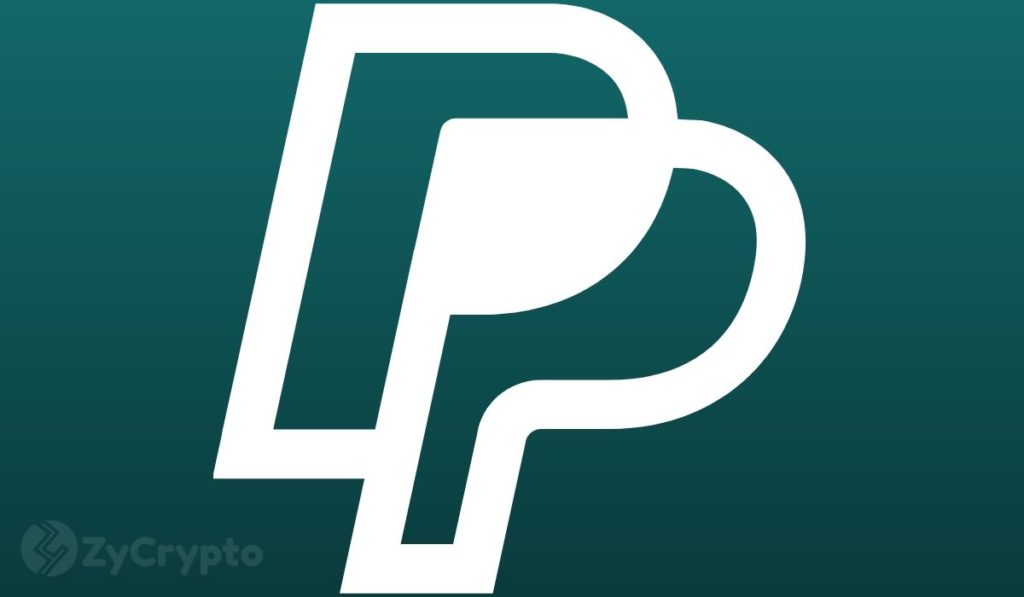
PayPal could launch its own digital currency soon after announcing yesterday that it will start allowing customers to purchase, sell, and hold crypto on its website and app (Venmo). That’s the assessment of Meltem Demirors, an asset manager who oversees over $1 billion crypto assets at CoinShares.
Demirors made the remarks during an interview with CNBC’s Fast Money on October 21.
PayPal Diving Into Cryptocurrencies Will Pave The Way For The Development Of Its Own Cryptocurrency: CoinShares CSO
Coinshares’ chief strategy officer Meltem Demirors recently shared her thoughts on PayPal embracing crypto assets. She argued that adding the crypto features will be a “huge on-ramp for consumers” as it will give them easier access to cryptocurrency.
Demirors also pointed out that PayPal expanding its new crypto service to its Venmo app is a big deal as it boasts over 300 million active users who are mainly millennials. This age group, per Demirors, is the “target audience” for crypto. Indeed, several surveys have found that millennials are the demographic that is the most interested in digital assets and they prefer the asset class to traditional investment vehicles like stocks, bonds, and gold.
Demirors went further to note that PayPal’s new relationship with crypto could prompt it to launch its own token. She said that she won’t be surprised if the company launches its own digital currency in the next, let’s say, 6 to 12 months after the money transfer giant officially dipped its toes in the crypto waters with the blessing of New York State regulators.
“And eventually I think this is paving the way for PayPal to launch its own crypto…I wouldn’t be surprised if, in the next six to twelve months, we see PayPal launching its own digital currency similar to the digital dollar that we see in many payments companies.”
The asset manager claims PayPal might launch its own token as it has already been part of a major cryptocurrency project in the past, Facebook’s Libra Association. PayPal, however, exited a few months later, explaining that it did not want the regulatory scrutiny around Facebook’s digital currency to affect its business.